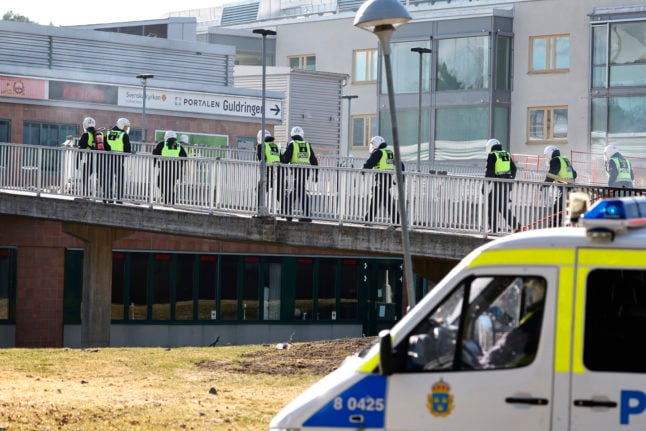France is to close its Damascus embassy on Tuesday, the foreign ministry said, after President Nicolas Sarkozy announced the move to protest the Syrian regime’s bloody crackdown on demonstrators.
“The closure of the French embassy is planned for today,” French foreign ministry spokesman Bernard Valero told journalists.
“Ambassador Eric Chevallier leaves today or tomorrow morning,” he said, adding that discussions were underway to decide which country would represent French interests in Syria.
There are around 2,000 French nationals in Syria, mostly with dual nationality.
Sarkozy announced on Friday that France would close its embassy in Damascus because of the “scandal” of the repression by President Bashar al-Assad’s regime of his protesting population.
France last closed its Syrian embassy in 1956 when Arab states broke diplomatic relations with France and Britain over the Suez Crisis. The French embassy reopened six years later.
Valero declined to comment on the status of the Syrian embassy in Paris, where, contacted by AFP, an unnamed spokesman said it was continuing to operate normally and “there is no plan to close”.
The year-long uprising in Syria has killed at least 7,500 people, according to the United Nations.


 Please whitelist us to continue reading.
Please whitelist us to continue reading.
Member comments